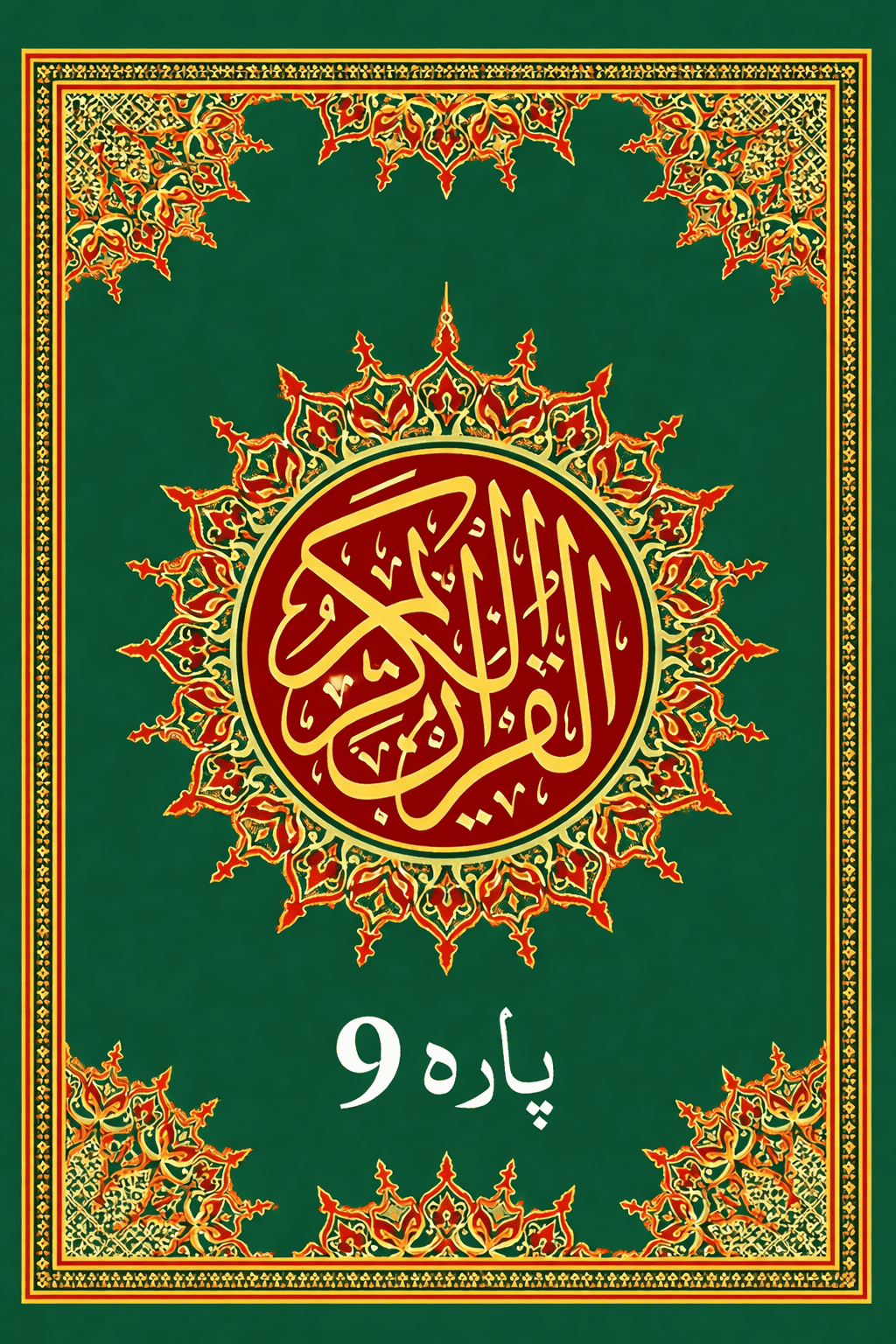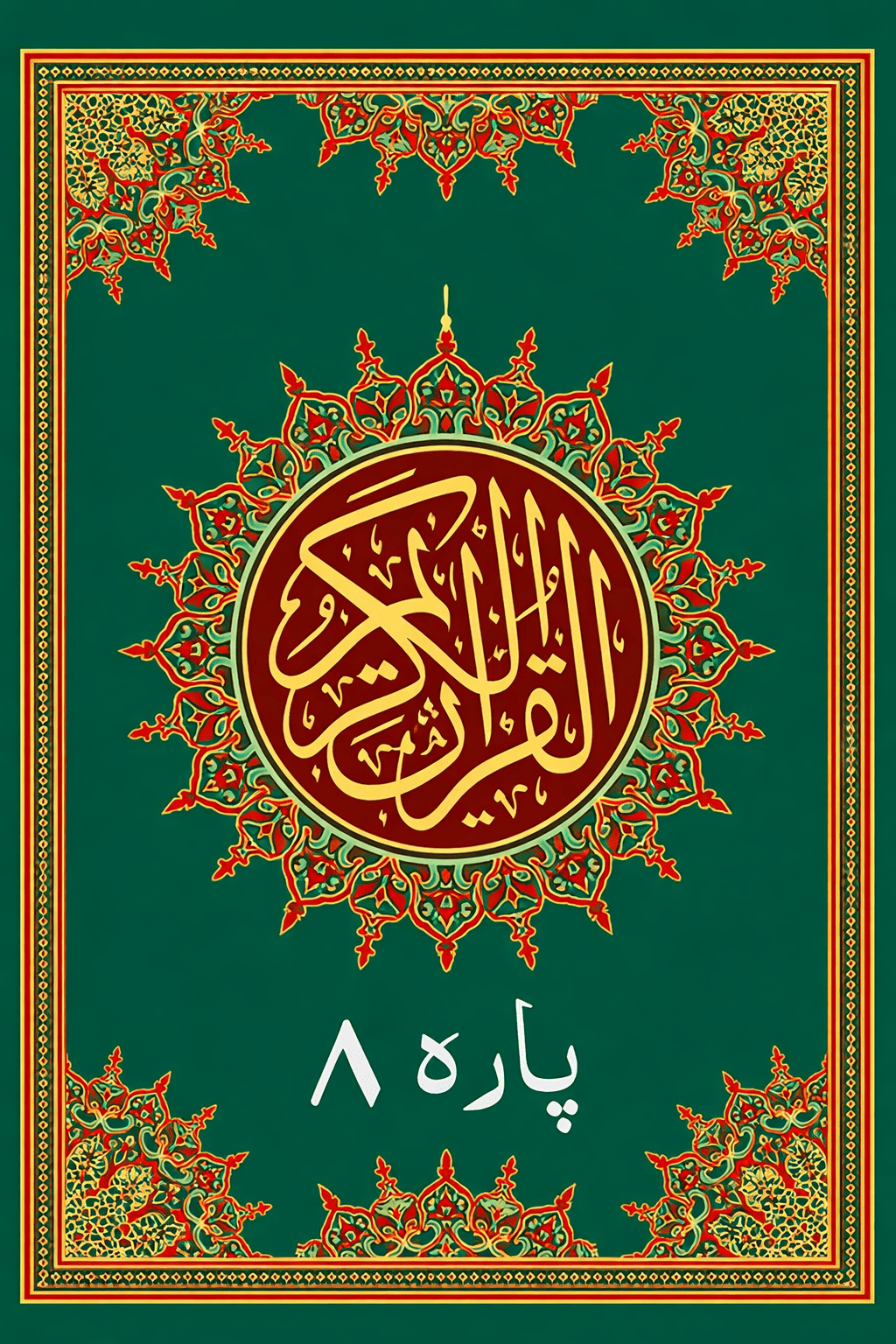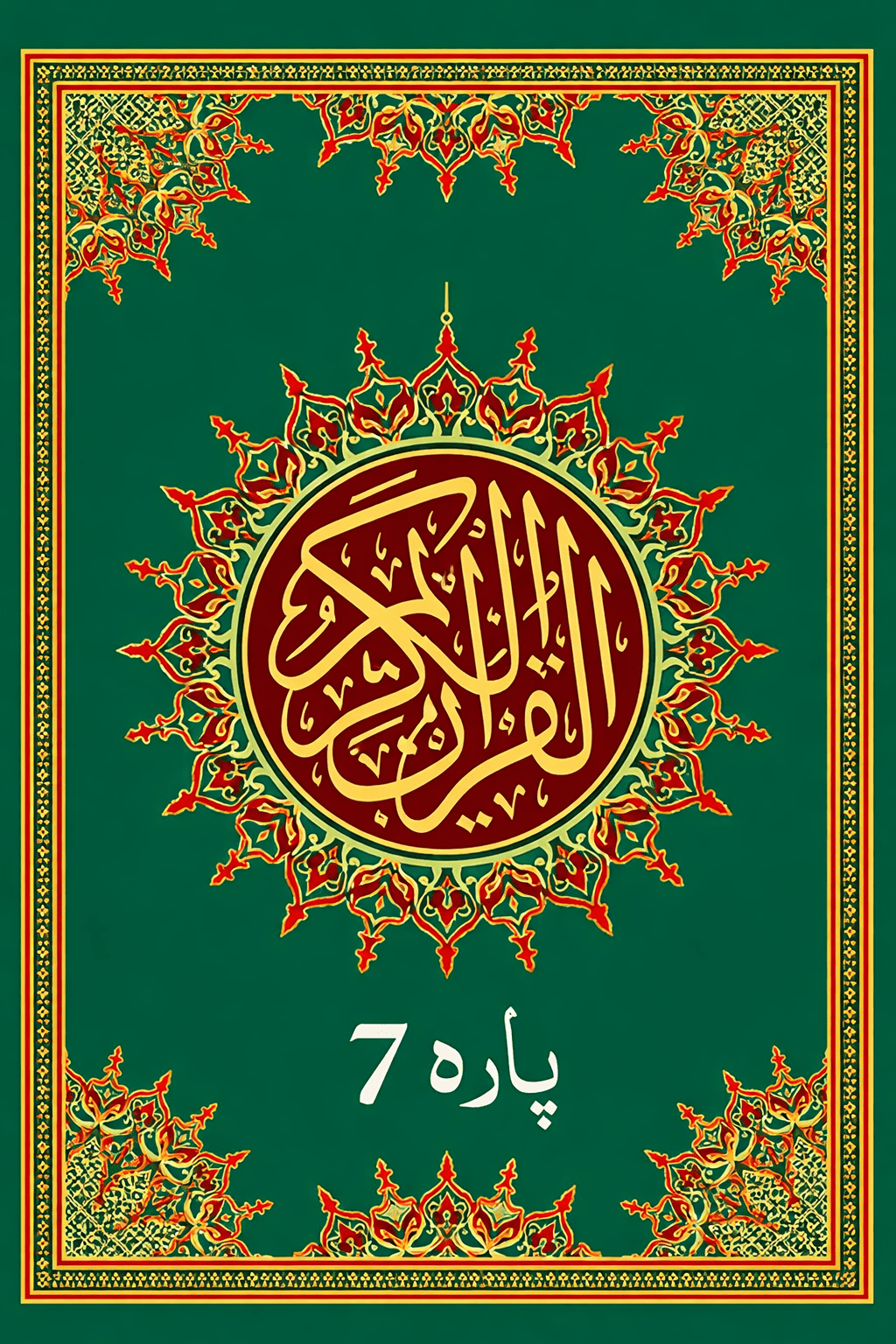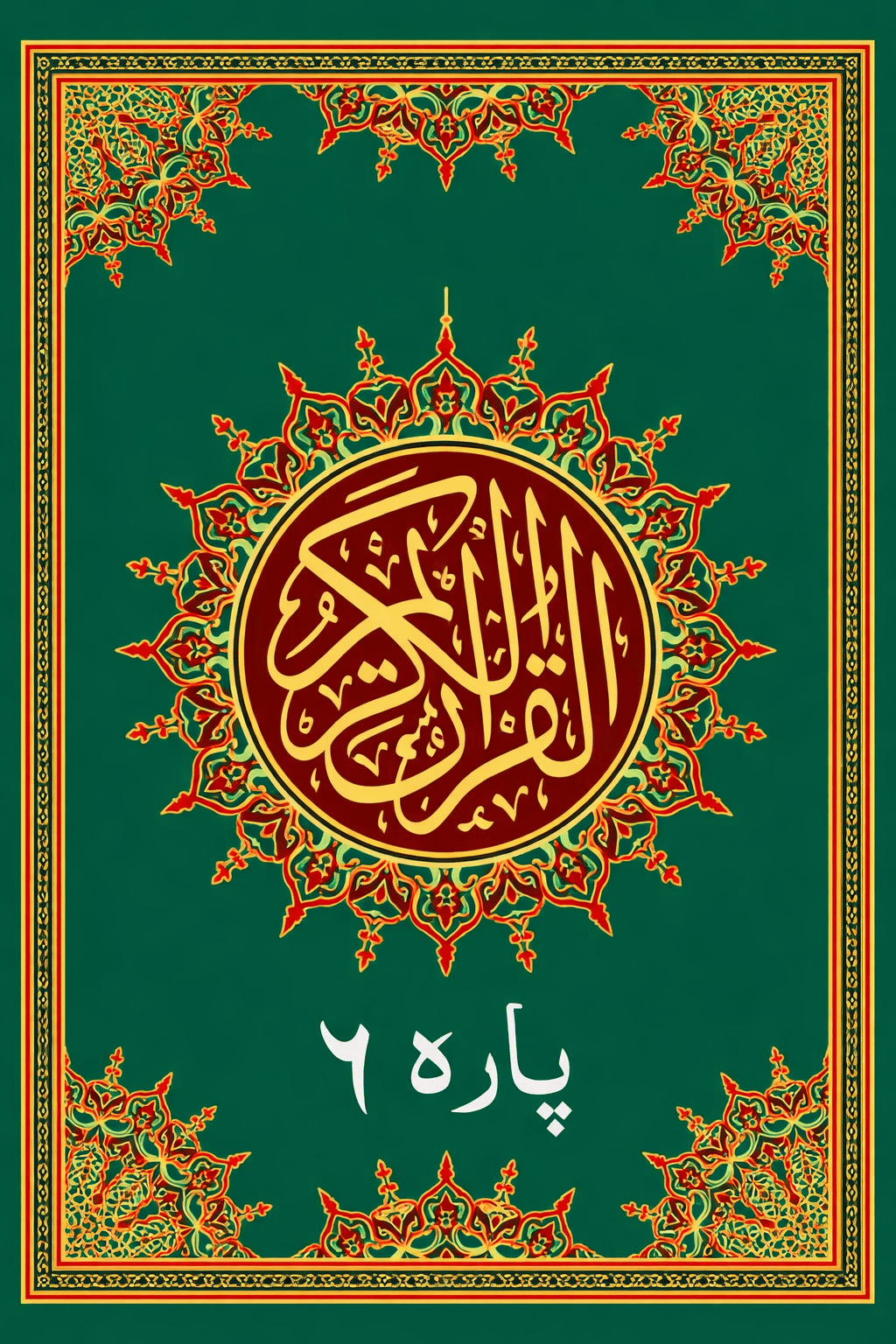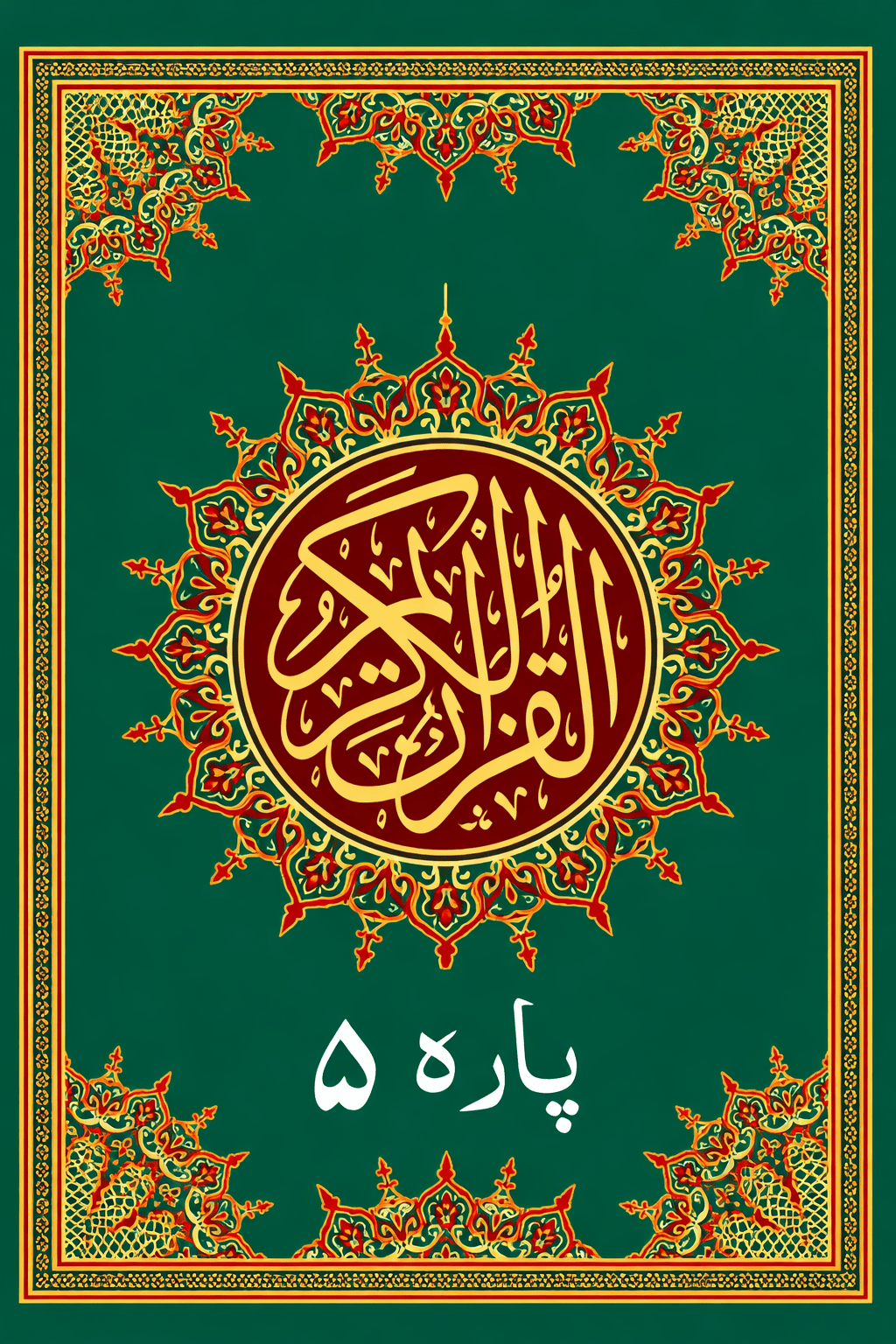
Forced marriage is a subject often misunderstood and misrepresented in discussions about Islam. Contrary to cultural practices that may enforce such unions, Islamic teachings emphasize the importance of mutual consent in marriage. This article explores the Islamic perspective on forced marriage, highlighting the Quranic evidence, prophetic teachings, and the distinction between cultural norms and religious principles.
1. The Importance of Consent in Islam

Quranic Foundation
The Quran unequivocally highlights the importance of free will and mutual consent in marriage. In Surah An-Nisa (4:19), Allah commands:
يَا أَيُّهَا الَّذِينَ آمَنُواْ لاَ يَحِلُّ لَكُمْ أَن تَرِثُواْ النِّسَاء كَرْهًا وَلاَ تَعْضُلُوهُنَّ لِتَذْهَبُواْ بِبَعْضِ مَا آتَيْتُمُوهُنَّ إِلاَّ أَن يَأْتِينَ بِفَاحِشَةٍ مُّبَيِّنَةٍ وَعَاشِرُوهُنَّ بِالْمَعْرُوفِ فَإِن كَرِهْتُمُوهُنَّ فَعَسَى أَن تَكْرَهُواْ شَيْئًا وَيَجْعَلَ اللّهُ فِيهِ خَيْرًا كَثِيرًا ﴿١٩
“O believers! It is not permissible for you to inherit women against their will1 or mistreat them to make them return some of the dowry ˹as a ransom for divorce˺—unless they are found guilty of adultery.2 Treat them fairly. If you happen to dislike them, you may hate something which Allah turns into a great blessing.”
This verse establishes that coercion has no place in marriage, ensuring that women’s rights are protected and respected.
Prophetic Teachings
The Prophet Muhammad (peace be upon him) also condemned forced marriage. In a well-documented Hadith, a woman approached the Prophet to complain about being married off without her consent. The Prophet gave her the choice to annul the marriage, affirming the necessity of a woman’s agreement.
2. Forced Marriage vs. Arranged Marriage

Cultural Practices vs. Religious Teachings
While Islam permits arranged marriages, where families introduce potential spouses, it strictly forbids forcing someone into a union without their consent. Arranged marriages in Islam must always respect the autonomy and free will of both parties.
Legal and Ethical Boundaries
Islamic scholars have unanimously agreed that a marriage without mutual consent is invalid. This principle ensures that cultural traditions do not overshadow the core teachings of Islam.
3. The Role of Families in Islamic Marriages
Encouraging, Not Forcing
Islam acknowledges the role of families in advising and guiding their children. However, parents or guardians must not exert undue pressure or manipulate their children into unwanted marriages. The Prophet Muhammad (peace be upon him) emphasized the need for compassion and understanding within families.
Addressing Family Pressure
In cases of forced marriage, individuals are encouraged to seek support from religious leaders or legal authorities to resolve conflicts in accordance with Islamic principles and local laws.
4. Islamic Legal Protections Against Forced Marriage

Annulment of Forced Marriages
Islamic law provides victims of forced marriage the right to annul such unions. This protection ensures justice and safeguards individual freedom.
Modern Applications
Muslim-majority countries and communities are increasingly implementing laws that align with Islamic principles to criminalize forced marriage. Organizations and scholars are also working to educate communities about the true Islamic stance.
5. Forced Marriage: A Misconception About Islam
Distinguishing Culture from Religion
Many instances of forced marriage stem from cultural practices, not Islamic teachings. It is essential to differentiate between the two and address these practices through education and reform.
Islamic Advocacy for Justice
Islam promotes justice, equality, and the protection of individual rights. Forced marriage, as a violation of these principles, is not only un-Islamic but also a grave injustice.
6. The Psychological and Social Impact of Forced Marriage
Mental and Emotional Toll
Forced marriages often leave individuals feeling trapped and powerless, leading to anxiety, depression, and long-term emotional scars. Victims may struggle with identity and self-esteem as they grapple with the lack of agency in their most personal life decisions.
Strain on Family Dynamics
Forced marriages can fracture familial bonds, creating resentment and mistrust between parents and children. Instead of fostering unity, the coercion disrupts relationships, making reconciliation challenging.
7. Global Efforts to Address Forced Marriages in Muslim Communities
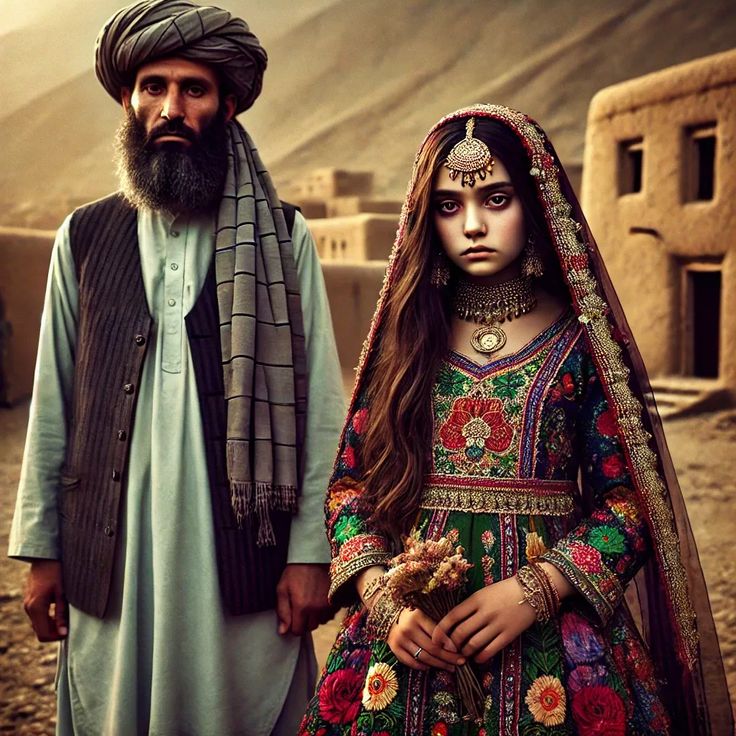
Legal Reforms in Muslim-Majority Countries
Countries like Pakistan, Indonesia, and Morocco have enacted laws to combat forced marriages, ensuring they align with Islamic teachings on consent. Highlighting these reforms underscores Islam’s advocacy for justice and individual rights.
Role of Islamic Scholars and Activists
Religious leaders and community activists play a vital role in dispelling misconceptions about Islam and forced marriage. Their efforts include campaigns, workshops, and sermons to educate communities about the Quranic emphasis on mutual consent.
8. Practical Solutions to Prevent Forced Marriage
Community Education
Raising awareness about the Islamic stance on forced marriage can help dismantle cultural norms that conflict with religious teachings. Educational initiatives can target families, young individuals, and religious leaders.
Support Networks
Establishing safe spaces and support systems for individuals at risk of forced marriage is crucial. Counseling, legal assistance, and access to trusted religious advisors can empower victims to make informed decisions.
Conclusion
Islam unequivocally condemns forced marriage, emphasizing the need for mutual consent and respect in matrimonial unions. While cultural practices may sometimes conflict with Islamic teachings, it is vital to uphold the true values of Islam, which prioritize justice and personal autonomy. Addressing misconceptions about forced marriage requires education, awareness, and the collective effort of communities to align cultural traditions with Islamic principles. By doing so, we can ensure that the sanctity and integrity of marriage in Islam are preserved.
 Colors
Colors 
 Support
Support 





